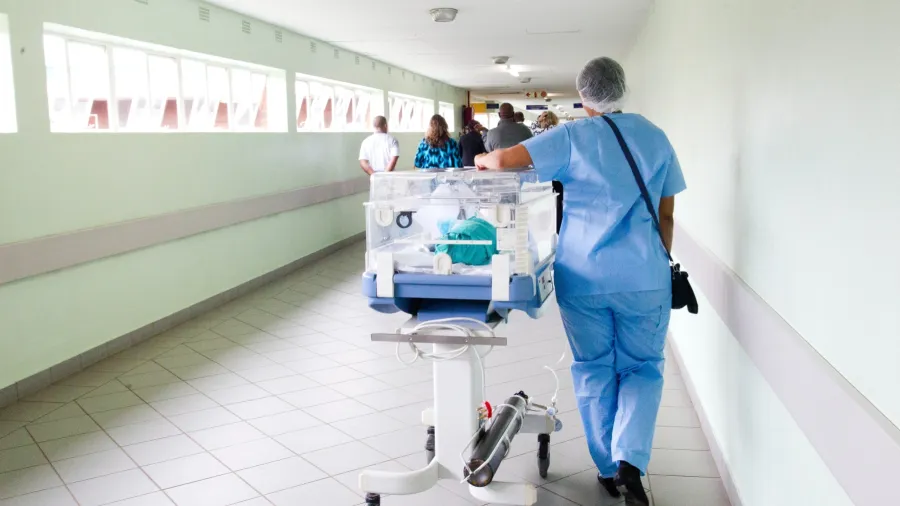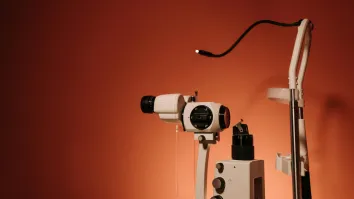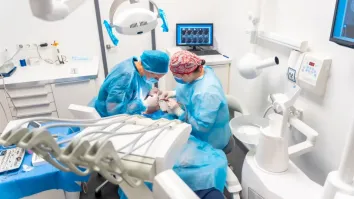
Taichung Veterans General Hospital taps genetic testing for early disease screening
The non-cancer genetic testing emphasised conditions such as hearing loss and colonic polyps.
Taichung Veterans General Hospital (TCVGH) is using genetic AI testing for non-cancer genetic testing, which can detect illnesses such as systemic lupus erythematosus, hearing loss, and colonic polyps.
The hospital uses multi-gene risk scores for early disease screening and treatment. This hospital innovation, which was confirmed through 300 patients, suggested that even carriers without hearing impairments should be careful in preventing falls and injuries.
Dr. Shih-An Chen, superintendent of TCVGH, said genetic AI testing in the hospital uses an algorithm to “automatically identify the genetic mutation.”
Hereditary disease screening
Another feature of the hospital is its hereditary disease screening. TCVGH has the largest genetic database in Taiwan.
It is needed for studying disease amongst populations and it is also a valuable resource for studying biomarkers linked to health conditions. Mutations in DNA repair genes like MSH2 and MSH6 are common in hereditary tumours such as hereditary non-polyposis colorectal cancer syndrome (HNPCC).
Chen noted that 30% of 100 HNPCC carriers had colon cancer and 10% had endometrial cancer.
Improvements in TCVGH
With all its health innovations, TCVGH kept its recognition in the health industry. It recently received its second recognition in the list of the World’s Best Smart Hospitals for the year 2024. Chen said they maintained this recognition through digital transformation.
“The main purpose of the hospital is digital transformation, which is one of the most important. We continue to hear about projects of digital transformation in the hospital every year,” said Chen.



















 Advertise
Advertise





